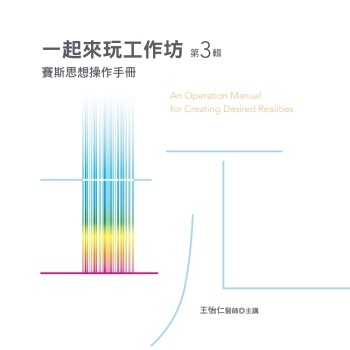This book develops a unified treatment of the income distribution-capital-value problems with respect to actual economies, and then gradually turns to the issues of effective demand and capitalist accumulation fluctuations from both political economy and economic policy perspectives. That treatment, on the one hand, places produced means of production, positive profits, and capital accumulation at the centre of the analysis and, on the other hand, is analytically based on the modern control theory. Hence, the authors’ investigation is concerned with input-output representations of actual single and joint production, heterogeneous labour, and open economies; zeroes in on the characteristic value distributions of the system matrices; and, finally, derives meaningful theoretical results consistent with the empirical evidence, and vice versa. The main topics addressed are the uncontrollable/unobservable aspects of the real-world economies, the powerful low-order spectral approximationsand reconstructions of the inter-industry structure of production-value-distributive variables relationships, the critical-constructive appraisal of both "mainstream" and "radical" theories of value, the matrix demand multipliers and demand-switching policies in heterogeneous capital worlds, and the circular inter-actions amongst income distribution, effective demand, accumulation, and technical conditions of production. Written on the occasion of the 60th anniversary of the publication of both Piero Sraffa’s Production of Commodities by Means of Commodities and Rudolf E. Kalman’s paper "On the general theory of control systems", this book provides a consistent and comprehensive framework for theoretical, empirical, and economic policy research.
| FindBook |
有 1 項符合
Spectral Theory of Value and Actual Economies: Controllability, Effective Demand, and Cycles的圖書 |
 |
Spectral Theory of Value and Actual Economies: Controllability, Effective Demand, and Cycles 作者:Mariolis 出版社:Springer 出版日期:2022-05-31 語言:英文 規格:平裝 / 520頁 / 23.39 x 15.6 x 2.67 cm / 普通級/ 初版 |
| 圖書館借閱 |
| 國家圖書館 | 全國圖書書目資訊網 | 國立公共資訊圖書館 | 電子書服務平台 | MetaCat 跨館整合查詢 |
| 臺北市立圖書館 | 新北市立圖書館 | 基隆市公共圖書館 | 桃園市立圖書館 | 新竹縣公共圖書館 |
| 苗栗縣立圖書館 | 臺中市立圖書館 | 彰化縣公共圖書館 | 南投縣文化局 | 雲林縣公共圖書館 |
| 嘉義縣圖書館 | 臺南市立圖書館 | 高雄市立圖書館 | 屏東縣公共圖書館 | 宜蘭縣公共圖書館 |
| 花蓮縣文化局 | 臺東縣文化處 |
|
|
內容簡介
作者簡介
Theodore Mariolis is Professor of Political Economy in the Department of Public Administration at the Panteion University of Athens, Greece. His main educational and research interests are Political Economy, Input-Output Analysis, International Economics, Theory of Endogenous Economic Fluctuations, and History of Economic Thought. He was Founder & Co-Editor of the journal "Bulletin of Political Economy", and is Director of the "Study Group on Sraffian Economics".
Nikolaos Rodousakis is a Research Fellow in the Centre of Planning and Economic Research (KEPE), Athens, Greece. He holds a Degree in ’Public Economics’, a M.A. in ’Economics of Production and Intersectoral Relations’, and a PhD in ’Economics’ from the Department of Public Administration of the Panteion University of Social and Political Sciences, Greece. His main educational and research interests are Political Economy, Input-Output Analysis, and Theory of Endogenous Economic Fluctuations.
George Soklis is a Research Fellow in the Centre of Planning and Economic Research (KEPE), Athens, Greece. He holds a Degree in ’Public Economics’, a M.A. in ’Economics of Production and Intersectoral Relations’, and a PhD in ’Economics’ from the Department of Public Administration of the Panteion University of Social and Political Sciences, Greece. His main educational and research interests are Political Economy, Input-Output Analysis, and Tourism Economics.
Environmental Economics and Ecosystem Services
Environmental Economics and Ecosystem Services
Bankrolling Empire: Family Fortunes and Political Transformation in Mughal India
Advances in Relational Economics: Theoretical, Methodological, Philosophical and Empirical Foundations
Resource Management Performance: A Sectoral Analysis in the Post-Conflict Kurdistan Region of Iraq
Total Garbage: How We Can Fix Our Waste and Heal Our World
The Financial Markets of Roman Egypt: Risk and Return
Non-Market Valuation in South Asia: Bridging Theory and Practice in Environmental Economics
The Myth That Made Us: How False Beliefs about Racism and Meritocracy Broke Our Economy (and How to Fix It)
|











